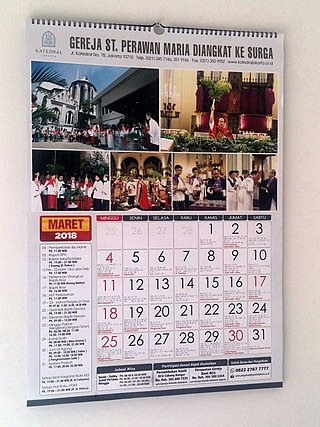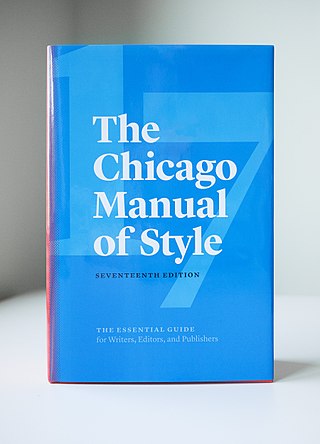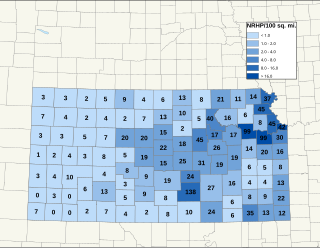The following is a list of battles fought by the Republic of Venice, from the traditional date of its founding in 697 until its dissolution in 1797, organized by date. The list includes both land and sea engagements, and is not exhaustive.
The following is a list of battles fought by the Republic of Venice, from the traditional date of its founding in 697 until its dissolution in 1797, organized by date. The list includes both land and sea engagements, and is not exhaustive.
| Date | Location | Conflict | Commander | Allies | Opponents | Outcome | Refs |
|---|---|---|---|---|---|---|---|
| 887, September 18 | Makro, Dalmatia | Doge Pietro I Candiano | — | Narentine pirates | Venetian defeat, death of Candiano. | ||
| Date | Location | Conflict | Commander | Allies | Opponents | Outcome | Refs |
|---|---|---|---|---|---|---|---|
| 900, June 29 | Venice | Magyar raid on venice | Doge Pietro Tribuno | — | Hungarians | Venetian victory | |
| 948 | Dalmatia | Doge Pietro III Candiano | — | Narentine pirates | Venetian defeat, obligation for annual tribute to the Narentines | ||
| 998, Ascension Day | Dalmatia | Doge Pietro Orseolo II | — | Narentine pirates | Venetian victory, cessation of the tribute | ||
| 1000 | Lastovo, Dalmatia | Pietro Orseolo II | — | Citizens of Lastovo | Venetian victory, annexation of Lastovo | ||
| Date | Location | Conflict | Commander | Allies | Opponents | Outcome | Refs |
|---|---|---|---|---|---|---|---|
| 1004 | Dalmatia | Doge Pietro Orseolo II | — | Narentine pirates | Venetian victory, subjugation of the Narentines | ||
| 1081 | Dyrrhachium | First Norman invasion of Byzantium | Doge Domenico Selvo | — | Italo-Norman fleet under Robert Guiscard | Venetian victory, destruction of the Norman fleet; Battle of Dyrrhachium | |
| Date | Location | Conflict | Commander | Allies | Opponents | Outcome | Refs |
|---|---|---|---|---|---|---|---|
| 1110, October 19 – December 5 | Sidon | Norwegian Crusade | Doge Ordelafo Faliero | Kingdom of Jerusalem, Kingdom of Norway | Fatimid Caliphate garrison | Venetian–Crusader victory, capture of the city, creation of the Lordship of Sidon | |

A calendar is a system of organizing days. This is done by giving names to periods of time, typically days, weeks, months and years. A date is the designation of a single and specific day within such a system. A calendar is also a physical record of such a system. A calendar can also mean a list of planned events, such as a court calendar, or a partly or fully chronological list of documents, such as a calendar of wills.

ISO 8601 is an international standard covering the worldwide exchange and communication of date and time-related data. It is maintained by the International Organization for Standardization (ISO) and was first published in 1988, with updates in 1991, 2000, 2004, and 2019, and an amendment in 2022. The standard provides a well-defined, unambiguous method of representing calendar dates and times in worldwide communications, especially to avoid misinterpreting numeric dates and times when such data is transferred between countries with different conventions for writing numeric dates and times.

A time zone is an area which observes a uniform standard time for legal, commercial and social purposes. Time zones tend to follow the boundaries between countries and their subdivisions instead of strictly following longitude, because it is convenient for areas in frequent communication to keep the same time.

The Chicago Manual of Style is a style guide for American English published since 1906 by the University of Chicago Press. Its 18 editions have prescribed writing and citation styles widely used in publishing.
Yahoo is an American web services provider. It is headquartered in Sunnyvale, California, and operated by the namesake company Yahoo! Inc., which is 90% owned by investment funds managed by Apollo Global Management and 10% by Verizon Communications.

The Romanian Academy is a cultural forum founded in Bucharest, Romania, in 1866. It covers the scientific, artistic and literary domains. The academy has 181 active members who are elected for life.
Nielsen Audio is a consumer research company in the United States that collects listener data on radio broadcasting audiences. It was founded as the American Research Bureau by Jim Seiler in 1949 and became national by merging with Los Angeles–based Coffin, Cooper, and Clay in the early 1950s. The company's initial business was the collection of broadcast television ratings.
A calendar era is the period of time elapsed since one epoch of a calendar and, if it exists, before the next one. For example, it is the year 2024 as per the Gregorian calendar, which numbers its years in the Western Christian era.

The 1878–79 United States House of Representatives elections were held on various dates in various states between June 3, 1878, and September 3, 1879. Each state set its own date for its elections to the House of Representatives before or after the first session of the 46th United States Congress convened on March 18, 1879. Elections were held for all 293 seats, representing 38 states. This was the last election cycle that at least one state held its regular congressional election in an odd-numbered year.

There are over 1,600 buildings, sites, districts, and objects in Kansas listed on the National Register of Historic Places in Kansas. NRHP listings appear in 101 of the state's 105 counties.

The Andhra Pradesh Legislative Assembly is the lower house of the bicameral legislature of the Indian state, Andhra Pradesh.
The Gregorian calendar is the calendar used in most parts of the world. It went into effect in October 1582 following the papal bull Inter gravissimas issued by Pope Gregory XIII, which introduced it as a modification of, and replacement for, the Julian calendar. The principal change was to space leap years differently so as to make the average calendar year 365.2425 days long, more closely approximating the 365.2422-day 'tropical' or 'solar' year that is determined by the Earth's revolution around the Sun.
In contemporary history, the third millennium is the current millennium in the Anno Domini or Common Era, under the Gregorian calendar. It began on 1 January 2001 (MMI) and will end on 31 December 3000 (MMM), spanning the 21st to 30th centuries.